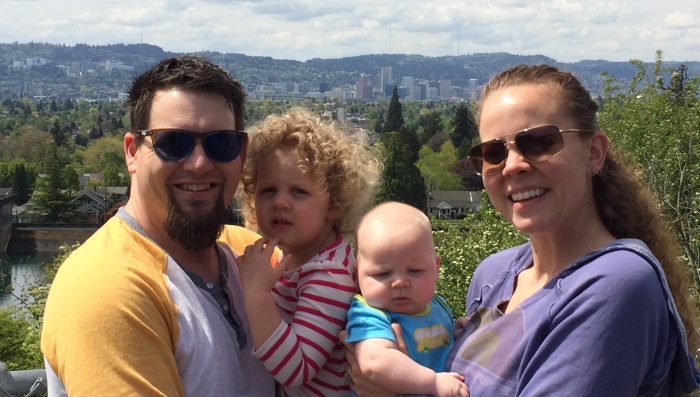On Good Friday followers of Jesus all over the world consider the death of Jesus. The observation of Good Friday takes on many different forms. In some cases people engage in a solemn reflection of the Lord of all things taking on the weight of evil upon his shoulders for them. Some people begin a full fast that will end at the end of the day or on Easter Sunday, also using that to help them identify with the sufferings of Jesus on the cross.
Throughout the day it is common to observe the Stations of the Cross, those movements throughout the day that takes Jesus from praying in the garden to his death on the cross. I have found this to be helpful as I meditate on each moment leading up to Jesus’ sacrifice. Observing these movements on the way to resurrection help me to not only better know the cost, but see myself along the road as a participant in Jesus being crucified.
While it is easy and right to spend much of the day in solemn reflection on the cross, it is also important that we rejoice in the freedom that Jesus extends to us in his death.
In Paul’s letter to the Church in Rome he writes to them, “For if we have been united with him in a death like his, we will certainly also be united with him in a resurrection like his” (Romans 6:5). As a follower of Jesus death is the beginning of life. We participate in death with Jesus. We lay down our former lives, lives that are marred with sickness, sin, death, and evil. Part of our observation of Good Friday is about how we identify with the death of Jesus, because we have ourselves died.
Paul goes onto say, “For we know that our old self was crucified with him so that the body ruled by sin might be done away with, that we should no longer be slaves to sin” (Romans 6:6). As we share in the cross of Christ, our former self has died and we are no longer slaves. Good Friday is a celebration that we can leave the bondage that would seek our destruction.
There is something in this Lenten season leading to Good Friday that has brought a new level of clarity to the freedom we have in Christ. What I believe is not simply that chains have been broken, they have been taken away. As the former self was crucified, it was once for all, because Jesus died to in once for all (Romans 6:10). Jesus’ death is once for all time. That means that when we live recklessly in our freedom Jesus isn’t crucified again.
Jesus doesn’t have to forgive us all over again, he doesn’t get back on the cross (Hebrews 10:8-10). Rather Jesus’ message to us is the same as it was to the paralytic man, “See, you are well again. Stop sinning…” (John 5:14).
If we are in Christ, then we are free and that never changes. So as we walk through our day observing the beauty of the cross we must see it both as a somber reflection of our culpability in the death of Jesus, and the joyous reflection of our liberation from sin and death.

